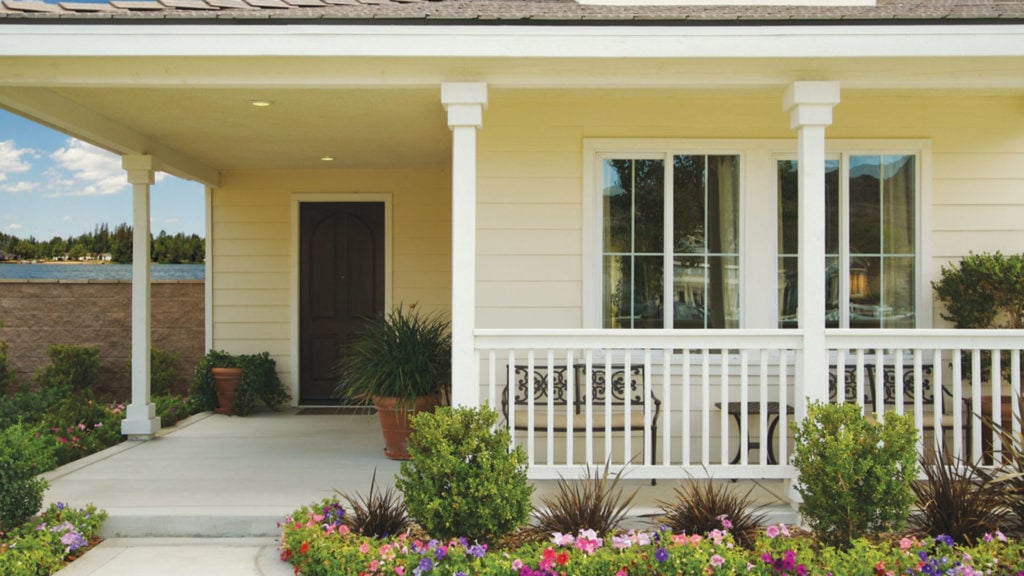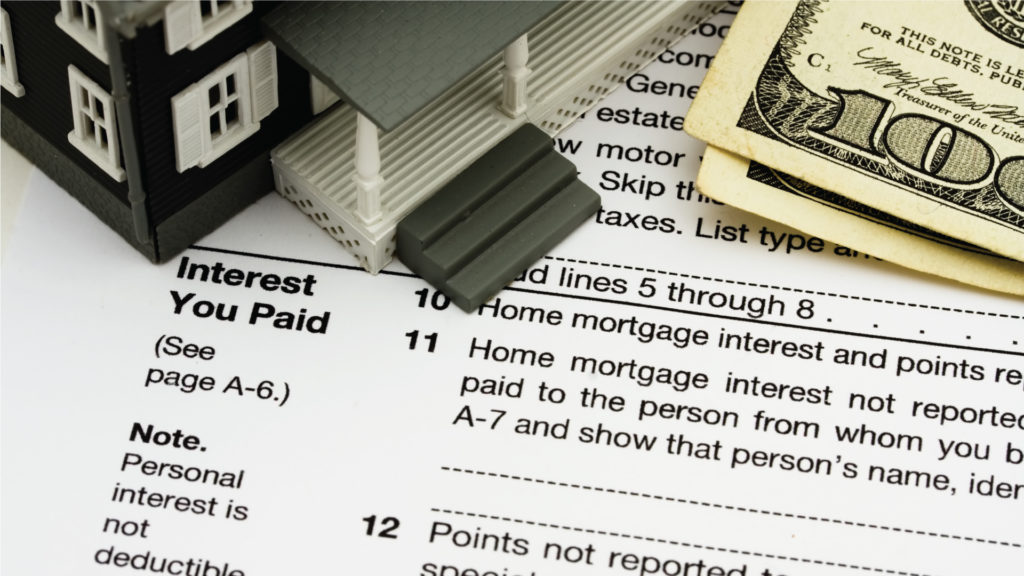
When it comes to buying a second home, understanding how to define the property will help you better understand your mortgage options.
Let’s go over the basic home types defined by Fannie Mae.
Principle Residence, a property the borrower occupies as his or her primary residence.
Second Home, a property that must be occupied by the borrower for some part of the year, restricted to residences suitable for year-round occupancy. Borrower must have exclusive control of the property, must not be rental property or timeshare, and cannot be subject to any agreements that give management firm control over the occupancy of the property.
Investment Property, a property owned but not occupied by the borrower.
The property types seem straightforward, but here are a couple examples of when it gets tricky.
College homes
Many parents planning to purchase a home for their kids while they attend college will often apply for a second home mortgage.
If a home is considered as someone’s primary residence, regardless if that person (or student) is obligated or not on the loan, the home cannot be someone else’s secondary. In this case, the college home is an investment property.
Vacation homes
Another area of confusion are timeshares or homes managed by a management group, e.g., rental company. Most often, these do not qualify for conventional financing.
Your vacation home may qualify as a second home if it is in your full control and not generating income.
Remember, second homes are a second residence for the borrower to enjoy or use when not occupying their primary residence.
If you plan to rent the property while you are not using it, it may not qualify as a second home.
If you’re planning to purchase a vacation home or second property speak to a lender before you start the mortgage process.
The more you know about your loan options and your individual qualifications, the more satisfying your homebuying experience is.
Lenders at RCB Bank are happy to help answer questions even if you are not a customer. Give us a call or visit our online Mortgage Center.

